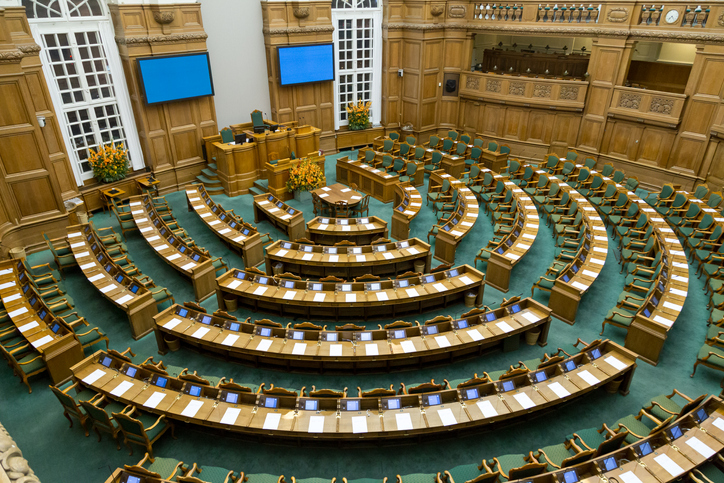

Back in 2002, when Language Magazine published its March issue with “Being Bilingual Is Cool” emblazoned on the cover along with a picture of a bilingual LA DJ, the enthusiastic response from much of the multicultural community indicated how bilingualism had become disrespected, almost a flaw— especially in California, where a media campaign had been waged to garner support for the infamous Proposition 227 that banned bilingual education.
Now, thanks to activists, educators, researchers, and many artists, including megastars like J.Lo, Shakira, and Bad Bunny, nearly everyone agrees that being bilingual is cool, and it’s starting to be recognized as a valuable asset for all students. The Seal of Biliteracy has now been adopted in every state apart from South Dakota and we have an education secretary who is not only bilingual himself but also calls bilingualism a “superpower” and who recently said, “Let’s foster a new multilingual generation of Americans—strengthened in their identities, supported in their education, prepared to lead in our country and around the world.”
However, to “foster a new multilingual generation” we need more than the will to make it happen. We need schools and educators specifically designed and trained to nurture the heritage-language skills with which this country is blessed. We need world languages to be a part of school from kindergarten, and we need access to dual-language programs nationwide.
Protecting against heritage-language loss is key, as Kim Potowski explains in this issue: “There is abundant evidence that almost every heritage language in the US is no longer spoken by the third generation. High-quality heritage-language instruction might help curb this loss by encouraging heritage speakers to value their ways of speaking and to develop strong levels of proficiency through well-constructed language arts activities.”
Despite the coolness of being bilingual and its practical benefits, having a second language is still seen by many policymakers as a luxury unless it’s English. Last month, Arizona superintendent of public instruction Tom Horne asked the state’s attorney general’s office for legal advice to determine whether dual language programs comply with a ballot initiative passed by voters more than 20 years ago that essentially banned bilingual education for English learners.
So, it’s clear that advocacy efforts must continue, but probably the best way to get the message across is to lead by example. School systems will only produce multilingual students successfully on a large scale if there are enough qualified educators who reflect the races and cultures of their students. At the moment, we are not training enough teachers to replace those leaving the profession, let alone the extra bilingual educators needed to make the next generation multilingual. We need to convince young graduates that teaching bilingually is cool too and encourage bilinguals to make the most of their superpower by sharing it with others, while opening all avenues to the profession, including community colleges and minority-serving institutions, to help encourage diversity. A fast-flowing teacher pipeline will produce the student successes needed to prove that being bilingual is a coolness that we all deserve.











